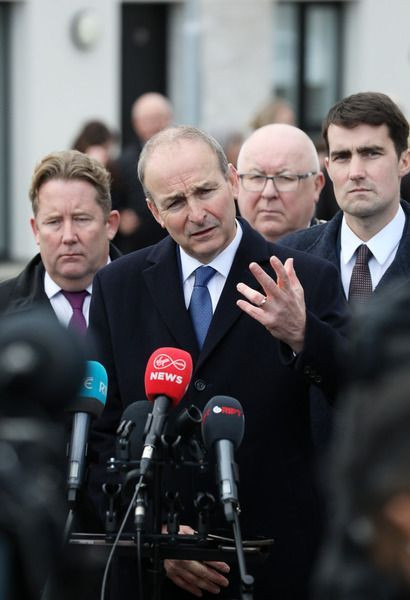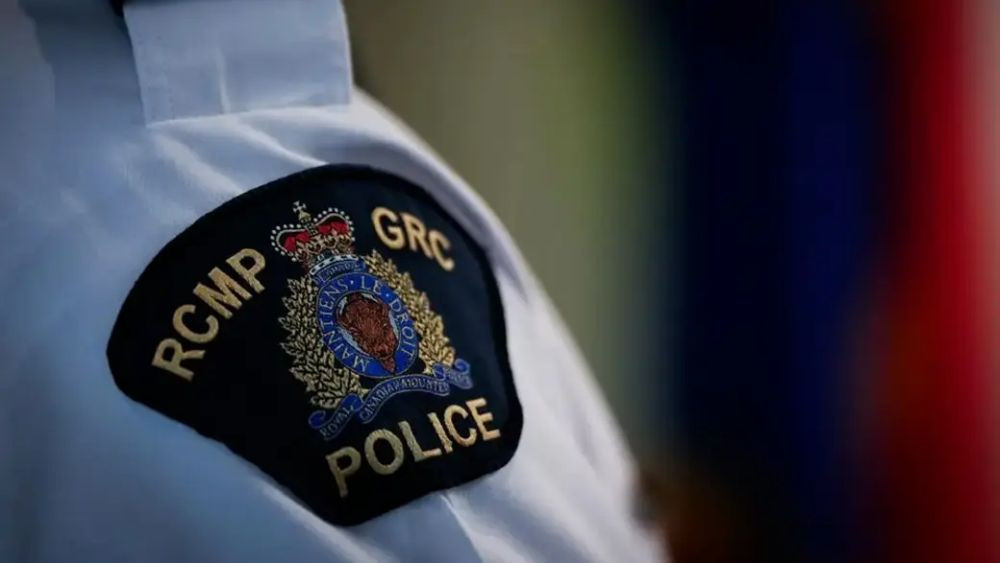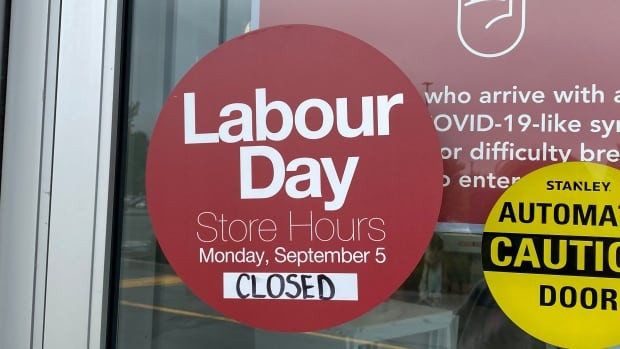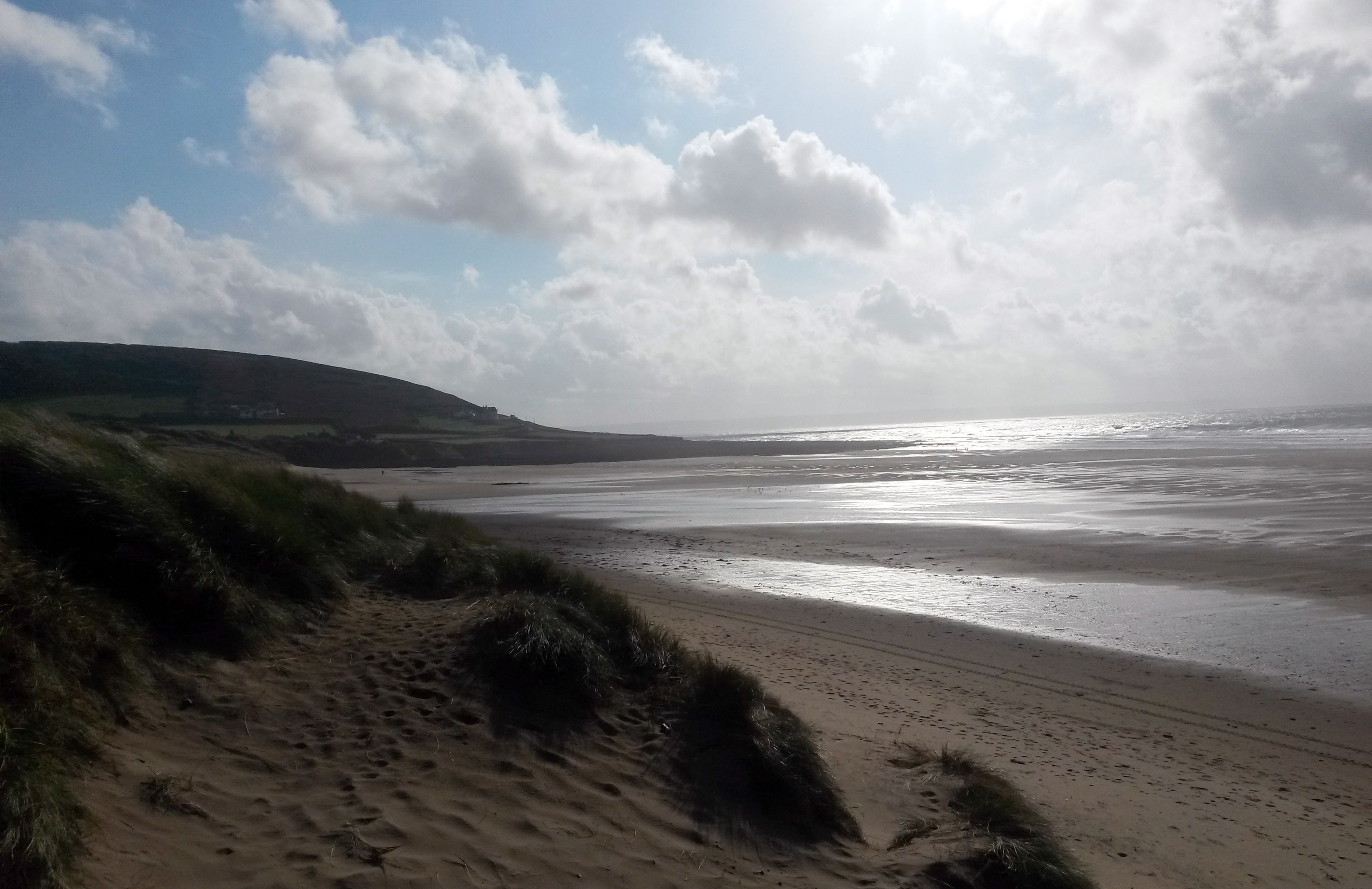Cara Darmody speaks with the excited innocence of other 13-year-olds, but her words are more serious. She speaks about patients, waiting lists and abandonment. The words represent her voiceless brothers and many more people living around the country who are unable to get adequate support.
Neil (11) and John (7) are autistic and non-verbal and need round-the-clock care. They attend a special school in Cashel, Co Tipperary, about 30km from their home in Ardfinnan.
“At least I can fight for myself, but Neil and John can’t fight for themselves,” Cara said.
She has spent years campaigning for Neil, John and other autistic people, calling for better access to vital services.
That campaign will bring her to Government Buildings in Dublin tomorrow and a meeting with Simon Harris, her second with the Taoiseach in the space of about two months.
He has hinted at seeing something of himself in Cara. His life in politics started as a 15-year-old when he was lobbying politicians on similar issues around his younger brother Adam.
Cara has asked Harris if he would ensure the HSE met legal obligations to provide timely access to needs assessments. Under the Disability Act, these assessments must be carried out within six months of a child being put on a waiting list. But, many children wait years, delaying interventions.
“I’m not going to give up, and if that means protesting outside Leinster House and building snowmen there, I’ll do that,” she said. “I’m not saying it’s my job to achieve what’s right here, but we no longer can wait for the adults in the room.”
Her father Mark and mother Noelle admit the crusade has intruded on some of Cara’s childhood.
“Some of her youth has been robbed by this issue, but it was robbed long before this because she’s had to care for the lads. But this is what families are going through,” Mr Darmody said.
“The kids are affected. Our lives have been affected.
“Even if this campaign stopped in the morning, she would still have other issues that nobody has.”
Campaigning has hardly impeded Cara. She sat a Junior Cert mathematics exam at the age of 11, and a year later became the youngest person ever to sit the Leaving Cert equivalent. She achieved a mark of 97pc both times, raising more than €80,000 for two local schools in the process.
Her campaigning expanded to regular protests outside Government Buildings and Leinster House.
Her mother and father are proud. “I’m proud of all three of them,” Mrs Darmody said.
The Challenges Faced by Neil and John
Neil has a profound intellectual disability and can display signs of challenging behaviour. He likes his own space and uses a tablet to communicate. This tells his parents when he wants something. The on-screen buttons are colour-coded and use visual cues he can associate with food, drinks or anything else he might need.
John has a moderate intellectual disability. He is open and engaging. He has a few words but cannot use sentences. When the Sunday Independent visited the Darmody home last week he was keen to say hello, interested in the photographer’s camera and regularly checked in to see what we were doing.
“The difference between them is engagement,” Mr Darmody said.
“John will pull out every toy he wants to. He will listen and do things even though it’s not fun.
“Neil is very much reliant on his device. He might put on a Peppa Pig episode and watch the first 10 seconds, then rewatch it. He could do that 200 times. There’s no logic to it. It could be upside down, it could be in Chinese, but he just wants this 10-second clip, and he will just watch it over and over again.”
To get breaks from his screen or the house he likes to go on drives, but Neil’s world is smaller than his siblings is. He is under constant supervision and a parent has to sleep in his room every night.
The Impact of Lack of Services
Another difference between the boys is the access they had to supports in public and private health systems.
Neil was just shy of his fourth birthday when he was first diagnosed by the HSE. John was about two years younger when he received his diagnosis privately. Mr Darmody said the different timelines meant Neil has never made progress, while John has.
“Early intervention is vital,” he said.
Mrs Darmody said: “All you hear is early intervention. There is no early intervention in this country at the moment because there’s no public services for anyone.”
The family has received some HSE respite hours, but many of the supports the two boys get are paid for privately.
Mr Darmody said the HSE reimbursed them for two assessments for the boys, but he felt this only happened because of Cara’s high-profile protests. Such expenses are typically not reimbursed to families.
The Personal Toll
Cara has a real sense of the challenges her parents face.
Mr Darmody was a garda before he set up his own consultancy business. Mrs Darmody worked in marketing, but both of them have had to sacrifice their jobs to care for their children.
They do not complain about this, and realise other families find themselves in similar or worse positions. But they are not shy on calling out the State’s lack of adequate autism services.
“All of our interests, all of our clubs, everything we’re involved with has been eroded,” Mr Darmody said.
“We haven’t had a family holiday in eight years. The only night away we had in the last six years was when Cara was on The Late Late Show, and that was because nine people stayed here. But that couldn’t happen now because Neil is older and if you don’t know him, he won’t rest.”
“We don’t attend events,” Mrs Darmody said.
“Even things like Cara’s confirmation two years ago, her brothers weren’t in the church.
“When Cara gets awards or has to go to events, Mam is usually at home with the boys because they can’t go.”
She makes a point of showing us a laminated photograph of the family together. Their house is covered in pictures, but this is the only one of the five Darmodys together because it is almost impossible to get both boys to do something at the same time.
They worry about the future and ask questions posed by many other families: What happens as the children grow into adults? What supports will be there? What happens as parents age?
Mr and Mrs Darmody both said: “This is what families are going through.”
That line gives a sense of what drives Cara’s campaign.
Mr Darmody said Cara was the creative force behind it, and he was a willing participant, giving her lifts to Dublin and helping generate public interest in her activities.
The next drive to Dublin comes tomorrow.
“When Simon Harris was a teenage boy he was campaigning for people with autism,” Cara said.
“Now, he’s got the chance to make the change. I understand it’s not easy. Now that he’s in the Government, he’s probably realising it’s a lot harder to make change. Hopefully he will.”
A Daunting Challenge for the Taoiseach
Cara is not alone in her fight for better autism services. She is supported by numerous families and autism advocacy groups, who are planning a ‘monster’ rally outside Government Buildings on September 26th. The rally will be a powerful display of the collective frustration and demand for change.
Cara’s meeting with Harris comes just days after the Irish government launched its Autism Strategy, a plan containing 80 actions aimed at improving the lives of people with autism. The strategy outlines four key pillars: an ‘autism-affirming society’, ‘equality of access to public services’, ‘accessible, inclusive communities’ and ‘building capacity’.
However, the strategy has been met with skepticism from some, who argue that it lacks concrete timelines and funding commitments. Many are concerned that it is just another empty promise, similar to the previous strategy launched in 2015, which failed to deliver meaningful change.
The key issue remains the lack of timely access to needs assessments. Under legislation, the HSE must carry out an assessment of needs on autistic children within six months of their application – but waiting lists are between three and five years.
The assessment determines the nature and extent of a disability, and what health or education services the child needs.
Cara, who has already achieved significant progress in raising awareness of the issue, is determined to hold Harris accountable for his promises. She is committed to continuing her campaign, even if it means protesting outside his office and the Dáil until the day the HSE agrees to abide by the law.
The future for Cara, Neil, John and many other families with autistic children depends on the government’s willingness to take meaningful action. The coming months will be crucial in determining whether the new strategy is merely a political gesture or a genuine commitment to improving the lives of people with autism in Ireland.

















